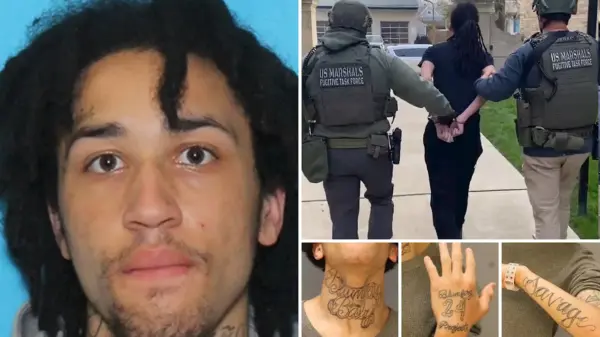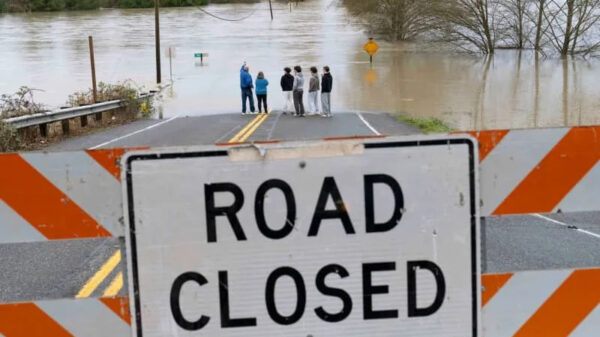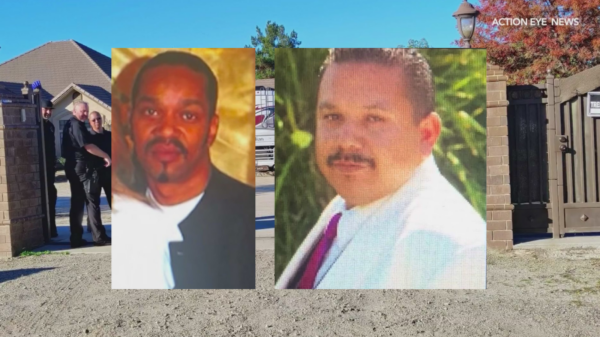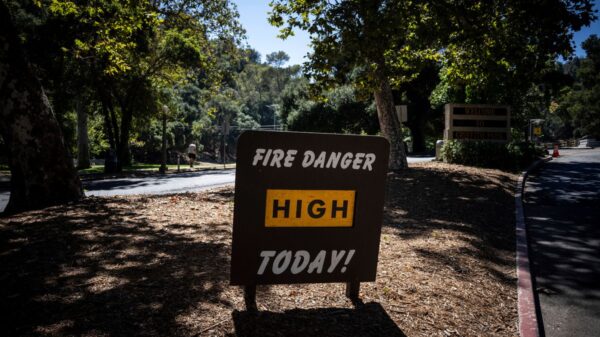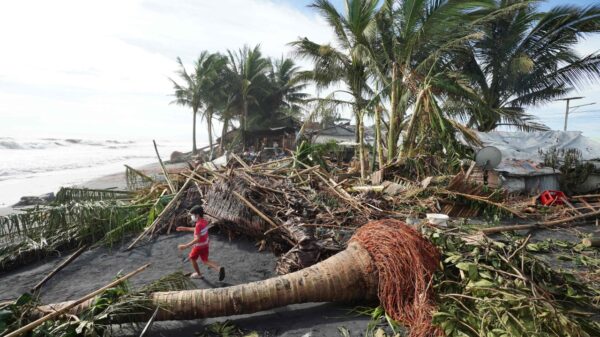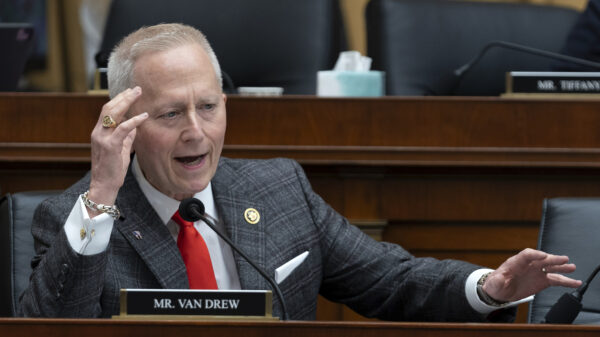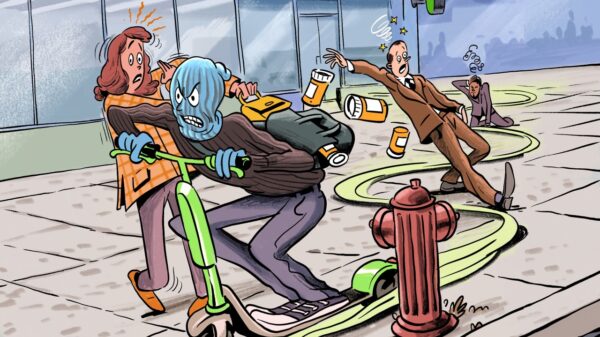UPDATE: In a significant ruling that could reshape immigration enforcement in the U.S., a federal judge has ordered the immediate release of 615 undocumented immigrants detained during a recent crackdown in Chicago. This urgent decision, announced on November 1, 2023, directly challenges the Biden administration’s aggressive immigration policies and raises critical questions about the future of similar operations across the nation.
The ruling comes from US District Judge Jeffrey Cummings, who sided with attorneys from the National Immigrant Justice Center and the ACLU. They argued that federal agents violated a 2022 settlement agreement regarding warrantless arrests when over 3,000 individuals were detained during Operation Midway Blitz between June and October. The judge mandated that those who do not pose a public safety risk must be granted bond by noon on November 21, 2023.
The implications of this ruling are profound. It not only impacts the lives of those detained but also signifies a possible shift in how immigration enforcement is approached in the Chicago area and beyond. The plaintiffs highlighted that many individuals were arrested without proper cause, asserting their right to community ties and due process as established in the earlier consent decree.
However, challenges remain. The process of locating detained individuals has become increasingly complex, as many have reportedly been moved to various locations across the country. “What’s challenging is at this point, they’ve moved these people all over the country,” said Fleming, a representative from the National Immigrant Justice Center. “Let’s say we were able to post bond for a lot of these people… I’m not certain that the government is going to bring them back to Chicago.”
As officials scramble to address the logistics, it is estimated that at least 1,100 of the 3,000 arrested have voluntarily left the country, disillusioned by the legal process and the challenges they faced. These individuals often had no prior interactions with immigration authorities and were integral members of their communities.
The ruling has prompted a swift response from the federal government. Attorneys representing the government have requested a stay on the judge’s order, which could delay the release of the detainees. In stark contrast, Gregory Bovino, the top Border Patrol official, indicated plans to intensify operations in Chicago, stating, “We’re ratcheting operations up in Chicago.” This response underscores the ongoing tension between state and federal authorities regarding immigration enforcement.
The Department of Homeland Security (DHS) expressed serious concerns about public safety in light of the judge’s decision. DHS spokesperson Tricia McLaughlin criticized the ruling, claiming it endangers American lives by releasing individuals deemed a risk to public safety.
As the legal battles continue, advocates for immigrant rights are raising alarms over the treatment of detainees and the conditions within federal facilities. Protests have erupted in response to alleged inhumane conditions, with demonstrators calling for justice and transparency in immigration processes.
This situation remains highly fluid. As the November 21 deadline approaches, all eyes will be on Chicago. Community advocates, government officials, and the families of those detained are watching closely, eager for clarity on the next steps and the potential impact on thousands of lives.
With the legal landscape shifting rapidly, stakeholders on all sides are preparing for what could be a pivotal moment in the ongoing debate over immigration policy in the United States. The outcomes of these developments could set important precedents for how immigration issues are handled moving forward.

